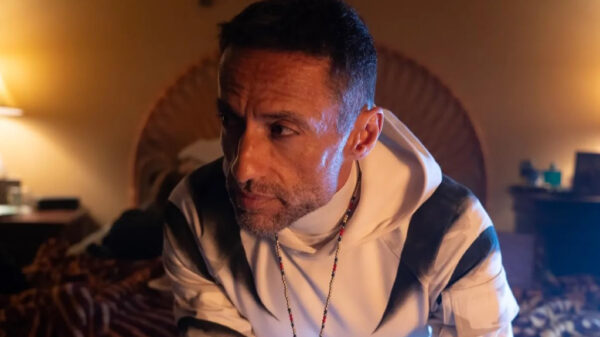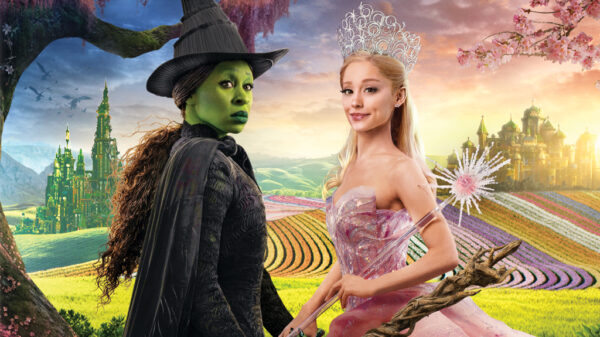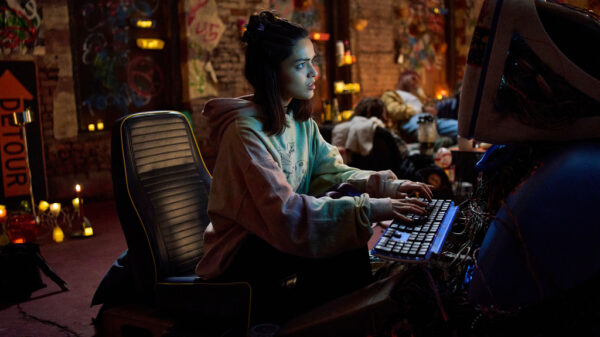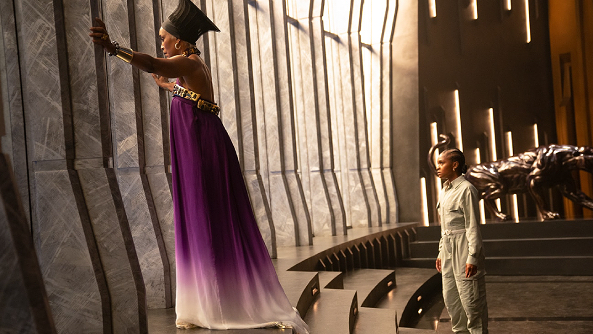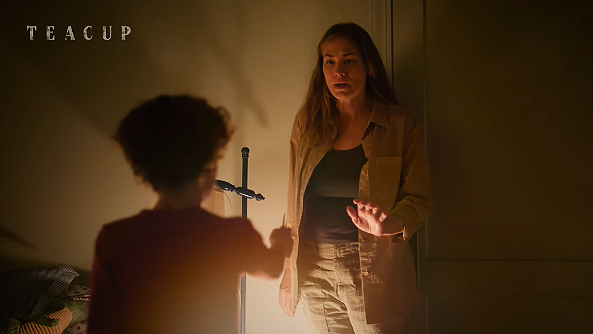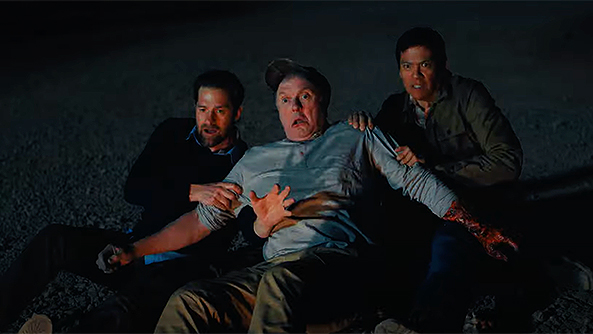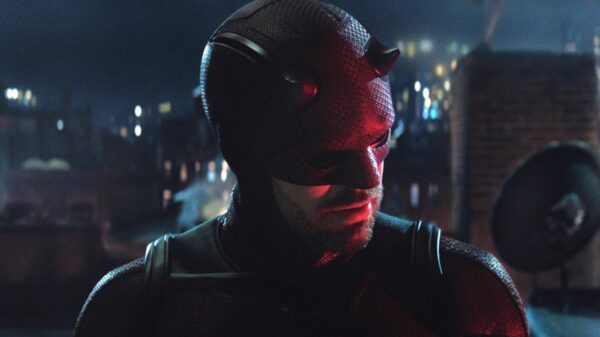In 2018, Marvel Studios released “Black Panther,” starring Chadwick Boseman as the title hero, the first African American to lead a Marvel Cinematic Universe film. The film was a massive success and a cultural phenomenon, earning Marvel Studios three Academy Awards and captivating the world with the new land of Wakanda. A sequel was immediately greenlit and audiences were waiting with anticipation for what came next.
Then, in August 2020, the unthinkable happened: Chadwick Boseman lost his long and private battle with cancer, shocking the world and leaving the status of the sequel in doubt. Suddenly, all eyes were on Marvel and returning director Ryan Coogler to not only deliver a superhero sequel without the title hero, but craft a satisfying story that honors Boseman and his legacy.
It seemed impossible and if any Marvel film had the odds stacked against it, it was this one. But Coogler and company picked up the pieces and carried on with “Black Panther: Wakanda Forever,” which expertly weaves the irreplaceable loss with a tale that moves the franchise forward and expands upon what worked in the first film.
The loss of Boseman by extension means the loss of T’Challa, the Black Panther, and after a heart wrenching opening showing the emotional and immediate aftermath of T’Challa’s passing, the film deals with his mother Ramonda (Angela Bassett) and sister Shuri (Letitia Wright) coming to terms with his death. It was a brilliant move by Coogler and co writer Joe Robert Cole to mirror the complex feelings arising from Boseman’s death in the storyline, making the film a rather cathartic experience that asks tough questions about how we can go on after such tragedy.
RELATED | “Thor: Love and Thunder” Review: Double the Thor, Double the Fun
Wright and Bassett, as well as Lupita N’yongo as T’Challa’s love interest Nakia and Danai Gurira as his guard Okoye, throw everything they’ve got into their performances as they grieve on screen and off and the film gives them numerous opportunities to reflect on the one that unified them. This makes for one of the more subtle, profound and devastating films in the MCU, but it is still a Marvel film with occasional humor and grand action with extremely high stakes.
Speaking of stakes, the much hyped debut of Namor the Sub Mariner, played by Tenoch Huerta in a commanding film debut, does not disappoint. Namor leads the underwater kingdom of Talokan, a world brilliantly realized by the Oscar winning team of production designer Hannah Beachler and costume designer Ruth Carter, but beyond his impressive locale is a complex visage that challenges our heroes much in the same way Erik Killmonger did.
Namor’s worldview and ultimate agenda shares key elements with a certain character that takes center stage, but the way in which he goes about executing his agenda brings a moral dilemma to the playing field that doesn’t have an easy answer. The DNA of the first film is clearly present and it feels like a natural progression of the themes explored in the original, which makes this less of another chapter in the MCU and more of a true evolution of its predecessor.
“Black Panther: Wakanda Forever” had unenviable adversity against it, but used that adversity to create a full and powerful story that will hit anyone right in the feels. Rather than let loss consume, the film moves forward in a beautiful way that feels inevitable and would make Boseman proud.
“Black Panther: Wakanda Forever” is now playing in theaters.



